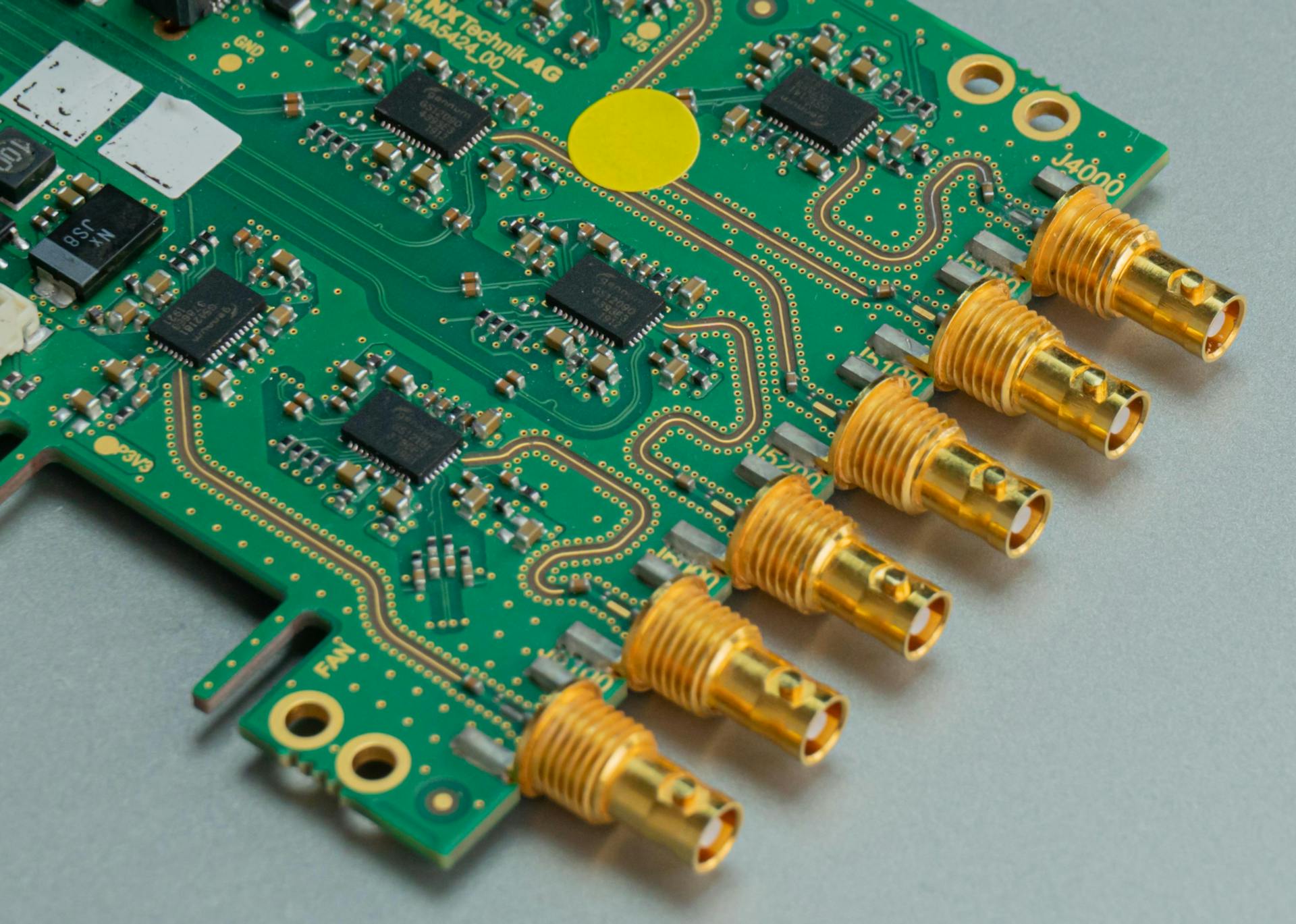
The AI race is heating up, with major players like the US, China, and EU investing heavily in artificial intelligence research and development. The US has a significant lead in AI research, with universities like Stanford and MIT producing top talent.
However, China has made rapid progress in AI, with its government launching initiatives to become the global AI leader by 2030. The EU, on the other hand, is focusing on AI ethics and regulation, aiming to ensure that AI development prioritizes human values.
The stakes are high, with AI expected to have a significant impact on the global economy. In fact, a report by the McKinsey Global Institute estimates that AI could add up to $13 trillion to the global GDP by 2030.
History of AI
China's rise to prominence in artificial intelligence research began in the 2010s. In 2016, they published more AI papers than the entire European Union.
Eric Schmidt, the former chairman of Alphabet, predicts China will be the leading country in AI by 2025. This prediction is based on China's rapid progress in AI research.
The American Association for the Advancement of Artificial Intelligence (AAAI) conference is a key indicator of AI research trends. In 2017, 23% of the researchers presenting at the conference were Chinese.
Here's a breakdown of the countries represented at the 2012 and 2017 AAAI conferences:
The increase in Chinese representation at the conference is a clear indication of their growing involvement in AI research.
Risks and Challenges
The AI race is a complex and high-stakes endeavor that comes with significant risks and challenges.
Cutting corners to develop advanced AI technology can result in increased algorithmic bias, which can have serious consequences.
The perceived advantage of being the first to develop AI technology can encourage teams to take shortcuts and ignore precautions, potentially leading to a less ready system.
Using "race" terminology can exacerbate this effect, making it even more challenging to develop safe and reliable AI systems.
Losing control of AI systems is a real risk, especially in the case of a race to artificial general intelligence, which may present an existential risk.
A simulated AI drone reportedly killed a human character in a computer test, highlighting the potential dangers of AI systems.
The consolidation of power and technological advantage in the hands of one group is a concern, as it could lead to the threat of critical infrastructure, amplification of disinformation campaigns, and even war.
Global stability and nuclear deterrence could be undermined if AI-enabled capabilities are not developed responsibly.
International AI Regulation
International AI Regulation is a complex issue, with scholars like AI professor Noel Sharkey warning of an emerging arms race among hi-tech nations to develop autonomous weapons as early as 2007.
Miles Brundage of the University of Oxford suggests that diplomacy can help mitigate an AI arms race. Over a hundred experts signed an open letter in 2017 calling on the UN to address the issue of lethal autonomous weapons.
Many experts believe attempts to completely ban killer robots are likely to fail due to the difficulty of detecting treaty violations. A 2017 report from Harvard's Belfer Center predicts that AI has the potential to be as transformative as nuclear weapons.
In 2019, 26 heads of state and 21 Nobel Peace Prize laureates had backed a ban on autonomous weapons, but most major powers continue to oppose a ban.
International Regulation Proposals
The international regulation of AI is a pressing issue that requires collaboration among nations. Many experts believe that attempts to completely ban lethal autonomous weapons are likely to fail due to the difficulty in detecting treaty violations.
In 2017, over a hundred experts signed an open letter calling on the UN to address the issue of lethal autonomous weapons. Diplomats at the UN Convention on Certain Conventional Weapons (CCW) couldn't even agree on how to define such weapons.
The Indian ambassador and chair of the CCW stated that agreement on rules remains a distant prospect. As of 2019, 26 heads of state and 21 Nobel Peace Prize laureates have backed a ban on autonomous weapons.
However, most major powers continue to oppose a ban on autonomous weapons as of 2022. A 2017 report from Harvard's Belfer Center predicts that AI has the potential to be as transformative as nuclear weapons.
Preventing expanded military use of AI is likely impossible, and the more modest goal of safe and effective technology management must be pursued. This includes banning the attaching of an AI dead man's switch to a nuclear arsenal.
Market vs State
The debate between Market and State regulation is a crucial aspect of international AI regulation. The State model involves governments directly regulating AI, as seen in China's approach to AI development.
In China, the State plays a significant role in AI development, with the government setting clear goals and guidelines for the industry. This approach has led to significant advancements in AI research and development.
In contrast, the Market model relies on the free market to drive innovation, as seen in the United States. The US government has taken a more hands-off approach, allowing companies to self-regulate and develop their own AI standards.
The Market model has led to rapid innovation and growth in the AI industry, with many successful companies emerging in the US. However, this approach also raises concerns about the potential for AI to be used for malicious purposes.
As we've seen in the article, the EU has taken a more balanced approach, combining elements of both the Market and State models. This approach involves setting clear regulations and guidelines for AI development, while also allowing companies to innovate and develop new technologies.
Intriguing read: Automotive Artificial Intelligence
The Future of AI
The United States and the European Union are leading the charge in regulating AI, with Washington considering a shift from its techno-libertarian approach.
The EU is already ahead in regulating AI, with the United States may conclude that it prefers to set regulations jointly with the EU rather than have the EU regulate the U.S. market unilaterally via the Brussels Effect.
The Biden administration is increasingly framing competition as a battle of techno-democracies against techno-autocracies, which could lead to closer transatlantic cooperation on AI regulation.
The United States and the EU could develop joint standards on AI, designed to promote innovation, protect fundamental rights, and preserve democracy.
However, the growing demand for Chinese surveillance technologies is a significant challenge, and it's unclear whether the US and EU can curtail its spread.
The future of AI is complex and laden with ethical considerations, and the conversation will inevitably shift from quantity to quality.
The investments and initiatives in AI reflect a collective thrust towards a smarter, more efficient future, but it's not just about who will get there first; it's about how these advancements can be harnessed for global good.
For more insights, see: How Artificial Intelligence Will Change the Future
Geopolitics and AI
The geopolitics of artificial intelligence are being reshaped by the rapid development and deployment of AI technologies. This is evident in the strategic orientation of countries like the EU and China, which are leading the charge in regulating AI.
The United States, in contrast, has traditionally taken a more hands-off approach to AI regulation, trusting in the ability of tech companies to mitigate any harms associated with AI. However, this approach may be changing, with prominent AI experts and lawmakers now advocating for regulation.
The stakes are high, with the outcome of the AI race having far-reaching economic and political consequences. The United States and the EU may put aside their differences and develop joint standards on AI, designed to promote innovation, protect fundamental rights, and preserve democracy.
Project Maven
Project Maven is a Pentagon project that uses machine learning and engineering talent to distinguish people and objects in drone videos. This technology gives the government real-time battlefield command and control, and the ability to track, tag, and spy on targets without human involvement.
The project was established in a memo by the U.S. Deputy Secretary of Defense on 26 April 2017. It's also known as the Algorithmic Warfare Cross Functional Team.
Project Maven's chief, U.S. Marine Corps Col. Drew Cukor, said that people and computers will work symbiotically to increase the ability of weapon systems to detect objects. This is a deliberate workflow process that's being funded by the Department of Defense through its rapid acquisition authorities for about the next 36 months.
The project was initially led by Robert O. Work, who was concerned about China's military use of emerging technology. Project Maven is designed to be a pilot project that sparks the use of artificial intelligence across the rest of the Defense Department, according to Lt. Gen. Jack Shanahan.
A unique perspective: Safe Secure and Trustworthy Development and Use of Artificial Intelligence
The Continental Contenders
France is a notable player in the AI space, boasting 338 startups and a $7 billion investment, which underscores its growing interest in AI technologies.
The country's vibrant tech scene and supportive government policies have made it an attractive location for AI ventures.
India is another country that's making waves in the AI world, with 296 startups and an $8 billion investment, demonstrating its commitment to AI innovation.
Its burgeoning interest in AI technologies is a testament to the country's forward-thinking approach to technology.
Japan's engineering prowess is well-known, and it's no surprise the country is also competing in the AI space, with 294 startups and a $4 billion investment.
Germany is also a significant player, with 245 startups and a $7 billion investment, showcasing its robust industrial base pivoting towards AI.
Singapore is a country with a forward-thinking approach to technology, and it's signaling its ambition to be an AI hub in Asia with 165 startups and a $5 billion investment.
The Geopolitical Impact
The implications of AI are profound, reshaping the geopolitical landscape and influencing everything from military strategies to economic policies.
The EU and China are leading the race to regulate AI, but the United States may soon join in, as domestic support for regulation reaches a tipping point.
The United States may conclude that it's better to set regulations jointly with the EU rather than have the EU regulate the US market unilaterally via the Brussels Effect.
The shared concern about China's growing global influence provides a strong impetus for closer transatlantic cooperation between the US and the EU.
The US and the EU could develop joint standards on AI, designed to promote innovation, protect fundamental rights, and preserve democracy.
The stakes are high, with clear winners and losers emerging in the competition among regulatory approaches that govern AI technologies.
The future of the AI revolution will determine whether it serves democracy and delivers unprecedented prosperity, or leads to grave societal harms or even unforeseeable catastrophe.
Digital Empires
The AI revolution is unfolding at breakneck speed, with the EU and China leading the charge in regulating its development. The United States is struggling to keep up, with policymakers torn between free markets and regulation.
The EU is taking a more proactive approach, setting standards for AI that prioritize innovation and human rights. The US, on the other hand, has been slow to act, with tech companies lobbying hard to maintain the status quo.
The tide is turning, however, with prominent AI experts and developers like Altman and Geoffrey Hinton now supporting regulation. This shift in public opinion is making it harder for policymakers to ignore the need for AI regulation.
The US and EU are also finding common ground in their shared concerns about China's growing global influence. They're working together to promote norms that align with democratic values and protect human rights.
The stakes are high, with the AI revolution having far-reaching economic and political consequences. The choices governments make will determine whether AI delivers unprecedented prosperity or grave societal harms.
Frequently Asked Questions
Who is leading the artificial intelligence race?
According to the 2024 National Security Scorecard, China has taken the lead in AI and machine learning patents, surpassing the US with more than double the patents granted in 2023 alone. This shift in the AI landscape raises important questions about the future of technological advancements.
Where did AI come from all of a sudden?
The sudden explosion of AI is attributed to a combination of factors, including advances in machine learning algorithms, increased computing power, and growing public awareness. This synergy of technological and societal advancements has driven rapid progress in the field.
Sources
- https://en.wikipedia.org/wiki/Artificial_intelligence_arms_race
- https://www.ncuscr.org/podcast/us-china-ai-race/
- https://www.foreignaffairs.com/united-states/race-regulate-artificial-intelligence-sam-altman-anu-bradford
- https://nationalinterest.org/blog/techland/us-must-win-ai-race-211430
- https://medium.com/@the_AI_ZONE/who-is-leading-the-ai-race-5175f3890e92
Featured Images: pexels.com


